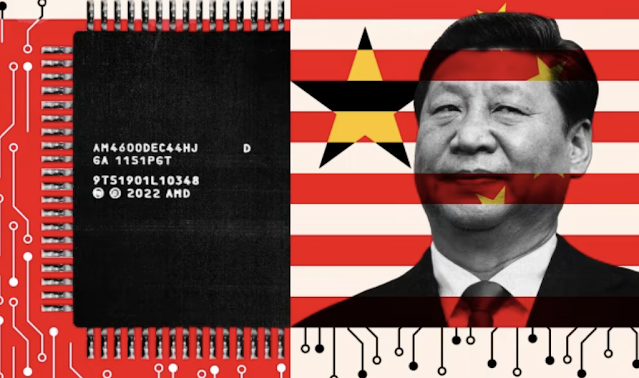Sudan’s Revolution: From Hope to Conflict- How Two Men Drove the Nation into Civil War
Introduction
On December 19th, 2018, a spark of hope ignited in Sudan as a revolution began to spread across the nation. For decades, Sudan had suffered under the brutal military regime of President Omar Bashir. However, the resilience of the Sudanese people pushed them to demand democracy in their country. In a matter of months, the tide turned, and Bashir was ousted in a coup. The future seemed promising, but fast forward four years, and Sudan finds itself in turmoil, torn apart by a bitter conflict that has claimed the lives of hundreds of civilians. How did Sudan go from the euphoria of a revolution to the despair of civil war, and how did the two men who helped remove Bashir become enemies? This blog post delves into the intricate history and complex dynamics that led to Sudan's current crisis, with a focus on the economic dimensions.
A History of Sudan's Turbulent Past
Sudan's history is marred by a series of military coups that date back to the early days of its independence. The Sudanese Armed Forces (SAF), the country's official military, have held significant power for nearly a century. The first successful military coup occurred in 1958 when Abdullah Kalil overthrew his civilian government. Subsequently, military coups became a recurrent theme in Sudan's political landscape, creating a backdrop of political instability.
Economic Challenges under Bashir
During Omar Bashir's regime, Sudan faced severe economic challenges. Many of these issues stemmed from the mismanagement of the country's resources and the diversion of funds towards bolstering Bashir's rule and his protectors, rather than addressing the nation's economic woes.
The Darfur Crisis and the Emergence of Hemeti
As one conflict subsided, another emerged. The Darfur region was plunged into a crisis due to historical neglect, lack of resources, and limited representation in Sudan's government. In addition to the humanitarian and security aspects of the Darfur crisis, there were economic factors at play. The government's inability to provide necessary goods and services to Darfuris left the region's people feeling agitated for years.
Hemeti's Ascendance and Economic Gain
Hemeti, a trusted leader within the Janjaweed militias, gained prominence during the Darfur crisis. His close association with Bashir and economic autonomy allowed him to leverage Darfur's resources, particularly its gold mines. This further exacerbated economic disparities between Sudan's regions, with Hemeti accumulating wealth through these mines and other illicit activities.
The Revolution and Economic Discontent
In 2018, as Sudan faced a severe economic crisis, widespread protests erupted. The Sudanese economy had been in a state of decline for years. Corruption, mismanagement, and the diversion of resources to bolster Bashir's rule had crippled the economy. The protesters demanded not only democracy but also economic reforms that would address these deep-rooted issues.
The Complex Power-Sharing Agreement
The transition towards democracy began with a power-sharing agreement between the military and civilian protesters. While this deal initially seemed promising, the economic dimension of the transition remained a challenge. Burhan and Hemeti, given their historical roles in Darfur, were at odds over the RSF's integration into the army, an issue that had economic implications.
The Conflict Escalates and Economic Fallout
As the conflict between Burhan and Hemeti escalated, the Sudanese economy suffered further setbacks. The civil war disrupted economic activities, and it became increasingly challenging for Sudan to attract foreign investment and support amid the ongoing violence.
Conclusion
The promise of a democratic Sudan, once glimpsed through the 2018 revolution, now seems distant and uncertain. Burhan and Hemeti, once allies, have become adversaries, tearing the country apart in their quest for power. The Sudanese people's hopes for democracy have been betrayed not only by their de facto leaders but also by the economic challenges that persist. The road ahead for Sudan is fraught with challenges, and the resolution of this crisis remains uncertain, as the economic consequences of this conflict continue to reverberate throughout the nation.


Comments
Post a Comment